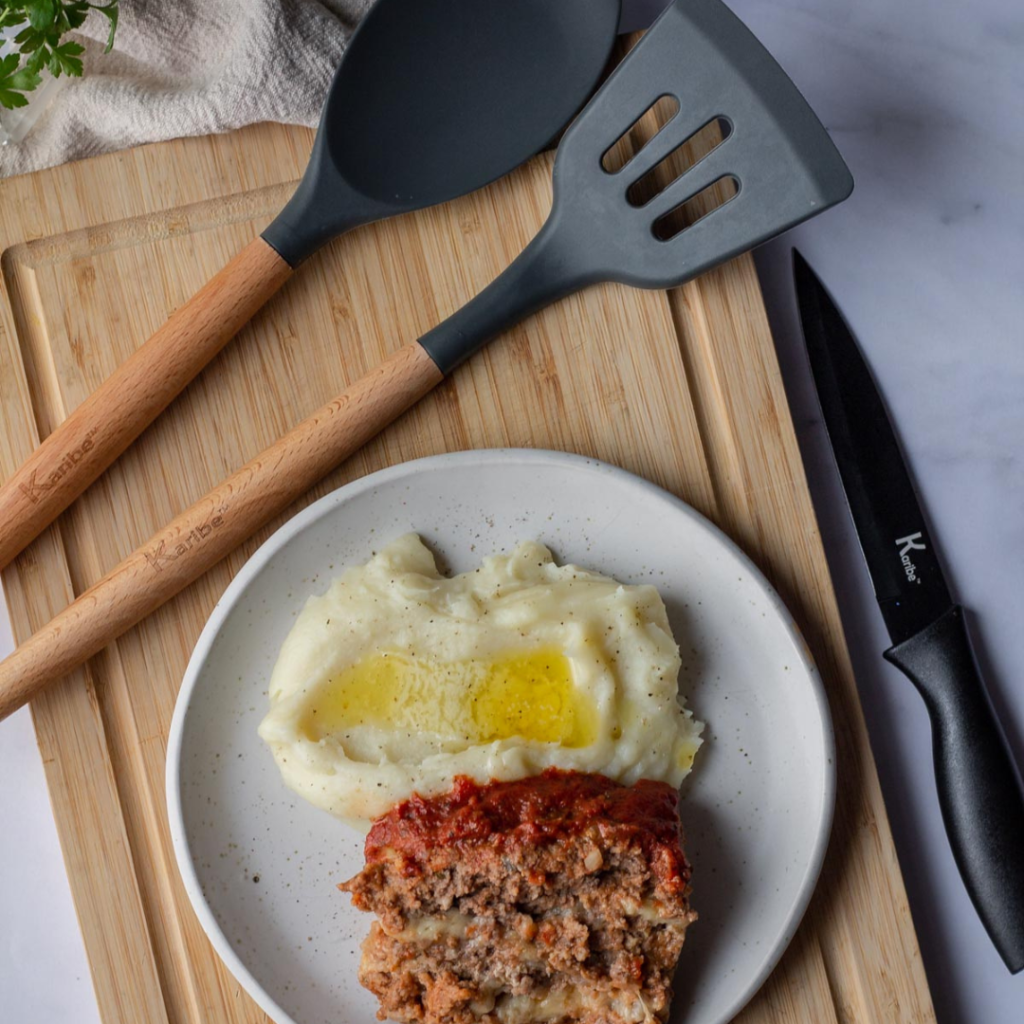
Revealing What Your Kitchenware Actually Says About You!
Undoubtedly, the kitchen is the heart of any home! It’s the place where meals are shared, memories are made, and we try out new techniques and flavors alongside our loved ones. But do you know? Your selection of kitchenware can reveal a lot about you. It may come as a surprise, but your cooking utensils can disclose whether you’re a beginner or a seasoned cook, as well as give a thorough insight into your personality traits. In this blog post, we are going to explore a lot about what your kitchenware says about you, what important tools are used by professional chefs, what cooking utensils do chefs use, and how to choose the best professional chef tools and chef tool kit bags. Let’s begin.
What Are the Common Types Of Cooking Styles?
The tools you prefer in your kitchen reflect your personal cooking style. So, what is your cooking style?
Traditional Cooking Style:
Your traditional kitchenware will reflect that you prefer classic comfort food and traditional recipes. In such a case, a Dutch oven, a cast iron skillet, and multiple mixing bowls and baking dishes are probably part of your collection. These durable and traditional kitchenware items are great for simmering stews, roasting meats, and baking hearty casseroles.
Modern Cooking Style:
If you’re a fan of fusion cuisine, molecular gastronomy, and avant-garde presentation, your kitchenware will likely be sleek, minimalist, and high-tech. Your presentation plates and bowls may be abstract and geometric, and you may have a collection of molecular gastronomy kits for experimenting with foams, gels, and spherification.
Healthy Cooking Style:
If you’re focused on clean eating, whole foods, and plant-based/vegetarian recipes, your kitchenware will likely be colorful, eco-friendly, and non-toxic. For example, you may have a set of bamboo cutting boards, silicone baking mats, and glass storage containers for meal prep. In addition, cookware is most likely made of stainless steel, ceramic, or non-stick materials, and you may also have a collection of spiralizers, juicers, and blenders for creating fresh juices and smoothies.
Gourmet Cooking Style:
If you’re a serious foodie, wine collector, or entertainer, your kitchenware is likely to be luxurious, elegant, and high-end. For example, you may have a set of copper pots and pans, a professional-grade knife set, and a marble pastry board. Your bakeware may include crystal decanters, cocktail shakers, and vintage glassware. You may also have a collection of rare spices, artisanal cheeses, and alluring ingredients for creating elaborate tasting menus and wine pairings.
What Cooking Utensils Do Chefs Use?
Professional chefs rely on specialized tools and utensils to create their signature dishes. Some of the essential chef’s tools include:
- Knives: Chefs have an array of knives to achieve accurate cuts, from chef to paring and slicing knives. Well-maintained, sharp blades allow for efficiency.
- Cutting boards: Large wooden or synthetic boards provide a stable surface for cutting ingredients. End-grain wood is best for knives.
- Pots and pans: Metal cookware like stainless steel and copper are best for chefs due to its even heating and durability. Enameled cast iron is also common.
- Measuring cups and spoons: For consistency and following recipes precisely.
- Peelers: To quickly and easily peel fruits and vegetables.
- Tongs and spatulas: To easily turn and flip foods while cooking.
- Whisks and wooden spoons: For mixing wet and dry ingredients.
- Steamer basket and colander: For steaming and draining foods.
- Kitchen scale: For precise measurements by weight.
- Timers: In order to keep track of cooking times.
What Tools Do You Need to Raise Your Cooking Game?
If you’re serious about cooking and want to invest in the best professional chef tools, below mentioned are some of the most common and best picks for you:
- Chef knife: An 8-inch chef knife is versatile for most common kitchen tasks. A higher-quality knife with a full tang will last a lifetime with sharpening.
- Cutting board: Choose an end-grain wood or thick composite board for stability and durability.
- Professional pots and pans: A 12″ stainless steel skillet, 3-quart saucepan, and 4-quart saucepan will handle most cooking needs. Add an 8- or 10-quart stockpot for large batches.
- Kitchen scale: An accurate scale with an 11 to 12-pound weight capacity is ideal. Look for one with multiple units of measure.
- Set of stainless steel mixing bowls: Having a few bowls in graduated sizes from 1 to 3 quarts is convenient for mixing and preparing recipes.
- Kitchen toolbox or tool bag: Organizing and containing chef tools keeps your kitchen neat and ready to go. Here are some of the best chef tool kit bag types you can choose from:
- Chef’s Knife Case
- Culinary Knife Roll
- Chef Backpack
In Closing
Finally, your kitchenware reflects your personality, style of cooking, and culinary preferences. The kitchen tools and utensils you select enhance your cooking experience. You can embrace and enhance your unique culinary journey by understanding what your kitchenware says about you and explore what cooking utensils do chef use and look to create the best chef tool kit bag. So, next time you step into your kitchen, take a moment to appreciate the stories your kitchenware tells and the inspiration it brings to your cooking endeavors. Bon appetite!
